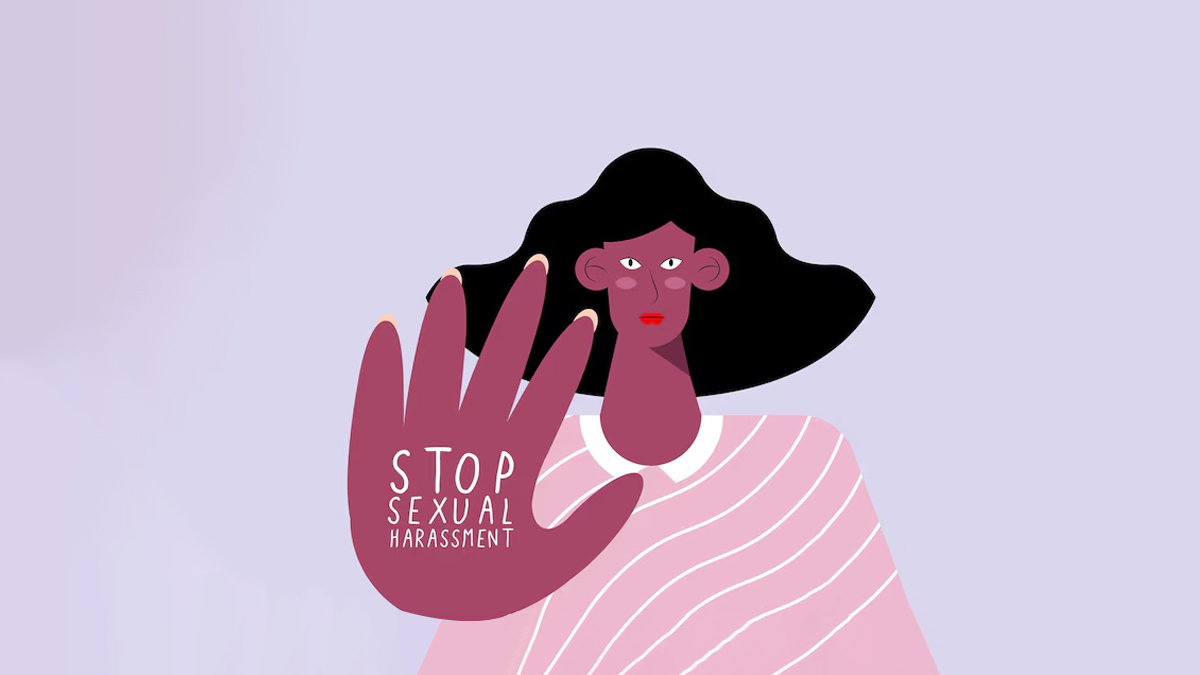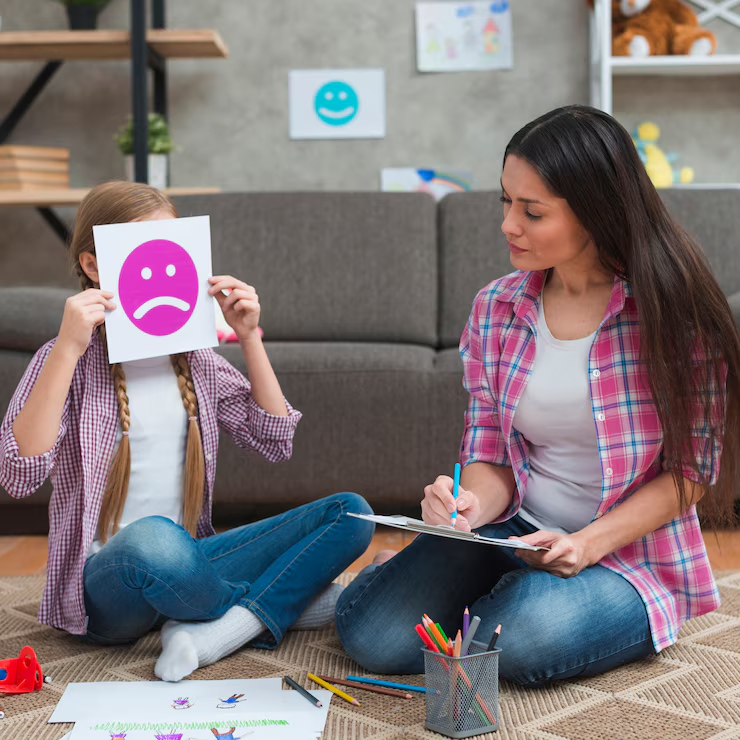
We teach our young children various ways to stay safe, such as avoiding hot stoves and looking both ways before crossing the street. However, discussions about body safety often begin too late, sometimes when it's already too late. Given the increasing number of disturbing cases nationwide, it's crucial to educate our children about what constitutes good and bad touch. Child sexual abuse is a serious societal problem with potentially long-lasting effects on victims. Identifying early signs is essential for effective intervention and prevention.
Though this topic is sensitive, recognising these early indicators can help protect vulnerable children and offer necessary support. To shed light on how to identify these early signs and approach conversations with children, we consulted Dr Chandni Tugnait, MD (A.M), Psychotherapist, Life Alchemist, Coach & Healer, and Founder & Director of Gateway of Healing.
Dr Chandni Tugnait shared several common indicators that a child might be experiencing sexual abuse:

It’s crucial to understand that not all children will show these signs clearly, particularly if they have been threatened. Maintaining an open line of communication is vital. Caregivers should trust their instincts if something seems wrong and seek advice from pediatricians, school counsellors, or child protection experts. Early detection and intervention are crucial for ensuring the child's safety and well-being.
Dr Chandni says, "Creating an environment where children feel safe discussing sensitive topics like sexual abuse is crucial for their protection and well-being."
Here are some key strategies that parents and caregivers can use:
Dr Chandni advises that when a child reveals they have been abused, parents must respond with care and urgency. Here are the immediate steps to take:

Finding mental health professionals who specialise in trauma and abuse is essential for helping children heal. Parents can begin by asking their paediatrician, family doctor, or local hospital for referrals to child psychologists or trauma therapists. Child advocacy centres and organisations like NCPCR also offer directories of specialists, and insurance providers can help locate in-network professionals with the right expertise.
Don't Miss: Unsafe Online: How To Make Online Spaces Safer For Women, Legal Expert Weighs In
Dr Chandni says, “When evaluating potential therapists, parents should look for professionals with specific training in trauma-focused therapy. It's important to verify the therapist's credentials and experience in working with child abuse cases. Parents should feel comfortable asking about the therapist's approach to treating trauma in children and their experience with similar cases. Considerations like the therapist's availability and location are also important to ensure consistent attendance is feasible.”
Once a therapist is selected, working together effectively is essential. Parents should openly share their child's experiences and concerns, maintaining regular communication with the therapist about progress and any new issues. Implementing at-home strategies and attending parent sessions, if available, can be helpful. It's important to recognise that healing from trauma takes time, and finding the right therapist may involve some trial and error. The main goal is to create a safe, supportive environment for the child to process their experiences and build healthy coping skills.
Keep reading Herzindagi for more such stories.
Credits: Freepik
Also watch this video
Herzindagi video
Our aim is to provide accurate, safe and expert verified information through our articles and social media handles. The remedies, advice and tips mentioned here are for general information only. Please consult your expert before trying any kind of health, beauty, life hacks or astrology related tips. For any feedback or complaint, contact us at [email protected].